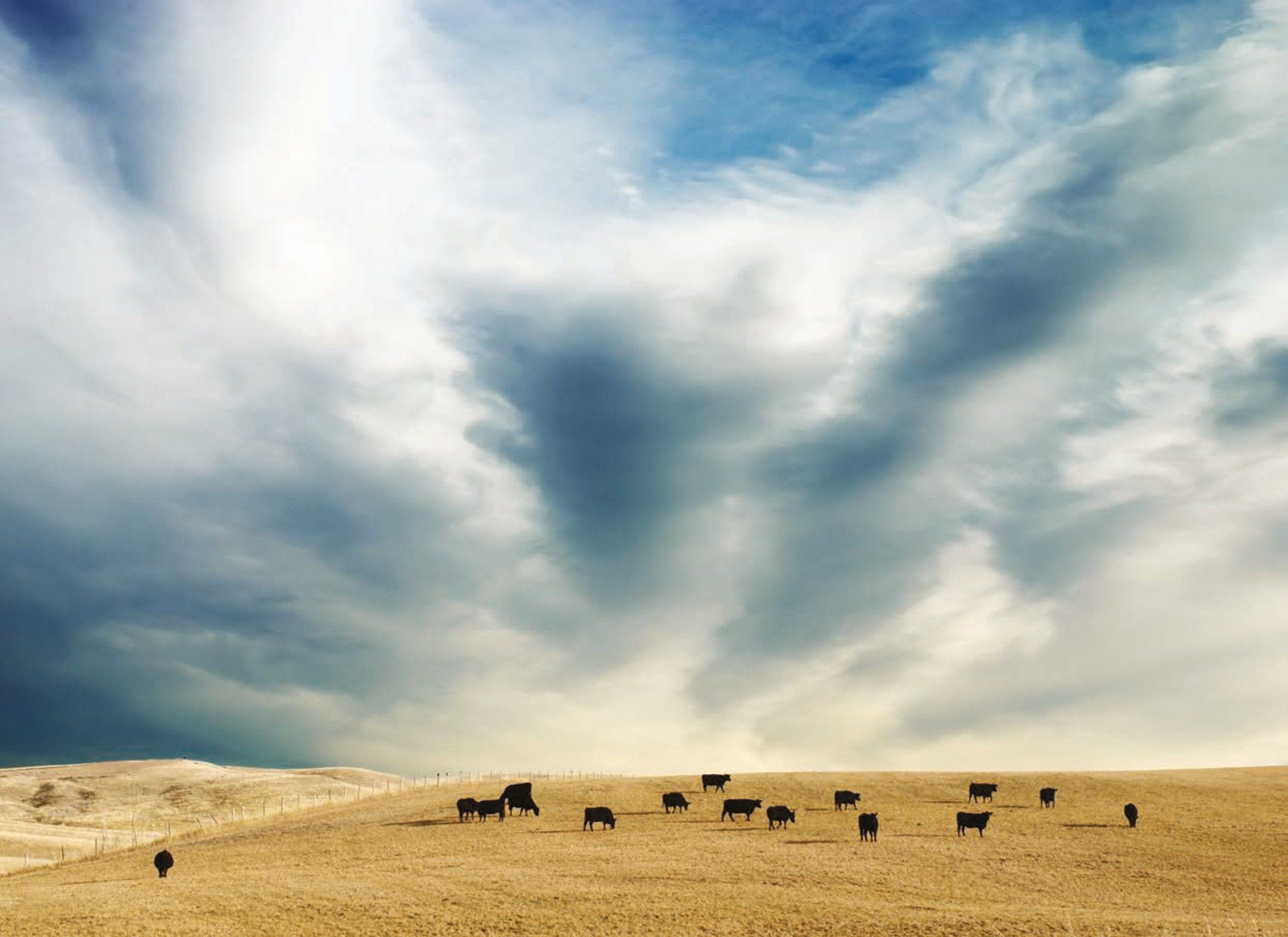Global markets are increasingly sensitive to environmental performance. In particular, the EU Green Deal will affect Turkey, both as a candidate country and as a Customs Union partner. In light of this, the government considers that the green transformation of the Turkish economy and industry is essential for sustainable growth, export competitiveness and to preserve and deepen Turkey’s integration with the EU market.
In response to these international market changes, Turkey adopted its own Green Deal Action Plan, published in the official gazette in July 2021. This action plan includes targets and actions on sustainable agriculture. The main actions foreseen are reduced use of pesticides, anti-microbials and chemical fertilisers, development of organic production, increasing renewable energy use in agriculture and better managing waste and residues.
In 2021, a Water Council was established to help determine Turkey’s short, medium and long-term water strategies. It was agreed that a water management policy will be developed with relevant stakeholders, including farmers, academicians, non-governmental organisations and the public sector. The first meeting to discuss the water management policy was held on 29 March 2021. The Water Council has eleven working groups (Water Efficiency, Management of Water at Basin Scale, Water Law and Policy, Water Safety and Wastewater Services, Protection and Monitoring of Water Resources in Quality and Quantity, Impact of Climate Change on Water Resources and Adaptation, Decision Support Systems in Water Resources Management, Development of Water Resources, Agricultural Irrigation, Storage Facilities, Water, Forestry and Meteorology).
Within the scope of UN Food Systems Summit, Turkey prepared the National Pathway of Turkey in 2021. Turkey’s national pathway includes 10 main priority areas and 117 actions in connection with the five Summit action tracks, in order to transform food systems and achieve the Sustainable Development Goals by 2030.
The main priority areas are:
Developing fair access to safe and nutritious food, particularly for vulnerable groups
Improving public health, food safety and strengthening inspections and controls with innovative methods
Encouraging the sustainability supply and value chain in the agri-food sector and reducing food loss and waste
Raising consumer awareness and promoting sustainable consumption
Improving climate change compatible production models
Using water resources more efficiently
Managing natural resources more sustainably
Developing more inclusive policy for disadvantaged groups in the agri-food sector
Increasing rural vitality
Building the resilience of food systems against climate change, natural disasters and unexpected crisis
Coverage under the state-supported agricultural insurance continues to expand. Revenue Protection Insurance is now available for wheat producers in the city of Konya as a pilot project as of the 2021-22 crop year. Revenue Protection Insurance covers 70% of insured farmer revenue against yield losses and price variations. In 2021, 2.25 million insurance policies were issued and TRY 2.1 billion (USD 237 million) of state insurance premium support was provided.
In 2020, Turkey published its national strategy document on Prevention, Reduction and Monitoring of Food Loss and Waste and its action plan in co-operation with the FAO. The action plan aims to intensify efforts at national, regional and international levels to prevent food loss and waste. The campaign is still ongoing but already shows positive results. Reduced food waste has saved households an estimated USD 80 million. Awareness of the meaning of “use by” and “best before” dates has improved. Households are reporting better portion sizing at meals and more recycling of food waste.
The “Turkey Agricultural Drought Strategy and Action Plan, 2018-22” is in its final year. Activities continue under five headings: i) drought risk estimation and crisis management; ii) ensuring a sustainable water supply; iii) effective management of agricultural water demand; iv) increasing support to R&D activities, training and extension services; and v) institutional capacity building. As part of the strategy, Drought Management Plans are to be completed for 25 basins by the end of 2023. Between 2014 and 2021, 15 such plans were completed. Responsible institutions must report on the implementation of the Management Plans every six months.
Within the framework of the “Rural Development Investments Support Program”, 50% grant support is available for the installation of irrigation systems (drip or sprinkler). Approximately 330 000 producers were supported by grants and credit support, and pressurized irrigation systems were installed on a total area of 1.12 million hectares by the end of 2021. Since 2003, the use of closed system irrigation projects has been accelerated to reduce loss and leakage. In 2003, only 6% of irrigated area used piped irrigation networks, but by 2020 this had increased to 29%.
In the irrigation season of 2021, a pilot study was put in place to charge higher water usage service fees when more water is used. This pilot will be expanded to include all irrigation facilities with proper infrastructure. Centrally monitored measurement facilities were installed in storage facilities and irrigation networks with an area of 500 hectares and above. These measure water flows during storage, transmission, distribution and discharge. These facilities will eventually support volume-based water pricing.
Specialized Organized Industrial Zones Based on Agriculture, which are designed to advance women's employment, sustainability and zero waste objectives, will continue to be supported in order to increase the competitiveness of the agricultural sector with quality and reliable production and branding, and to ensure agriculture-industry integration.
